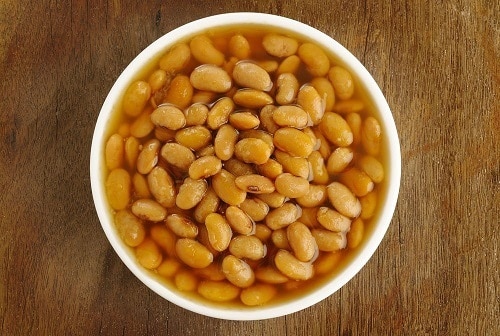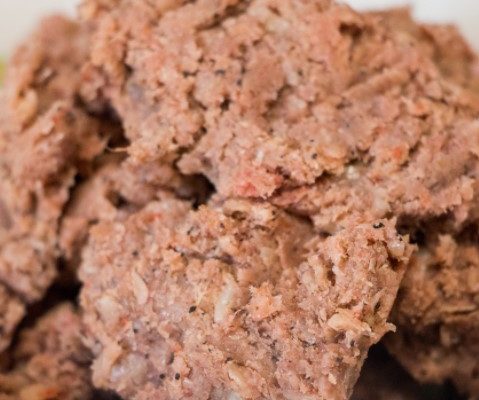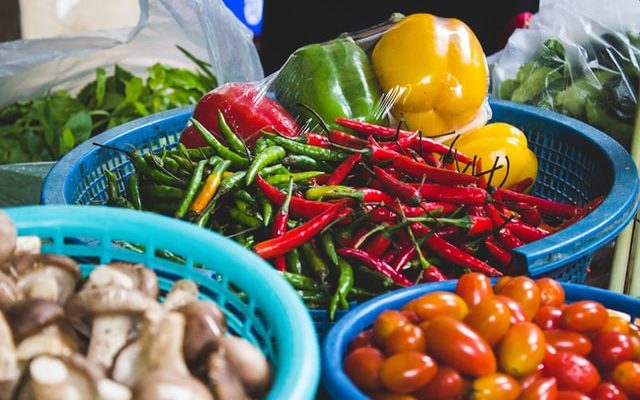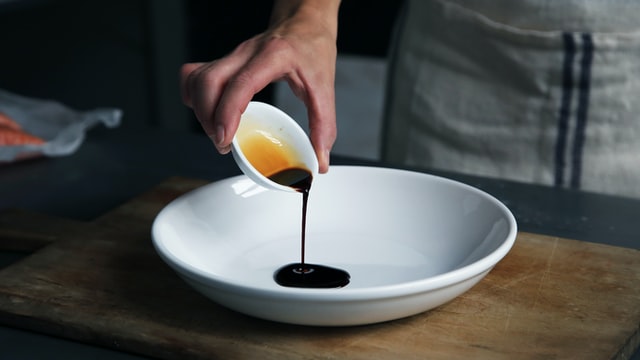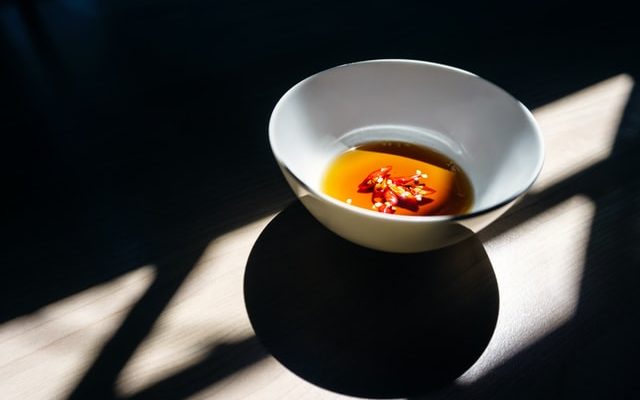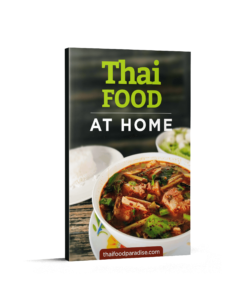All About Fermented Soybeans in Thai Cooking
When you expand your repertoire of Thai dishes and begin to find out the ingredients used, you’ll typically encounter some unexpected things. Fermented soybeans was one of those things for me (among many others). This article describes their use in Thailand’s cuisine. Thai Fermented …
